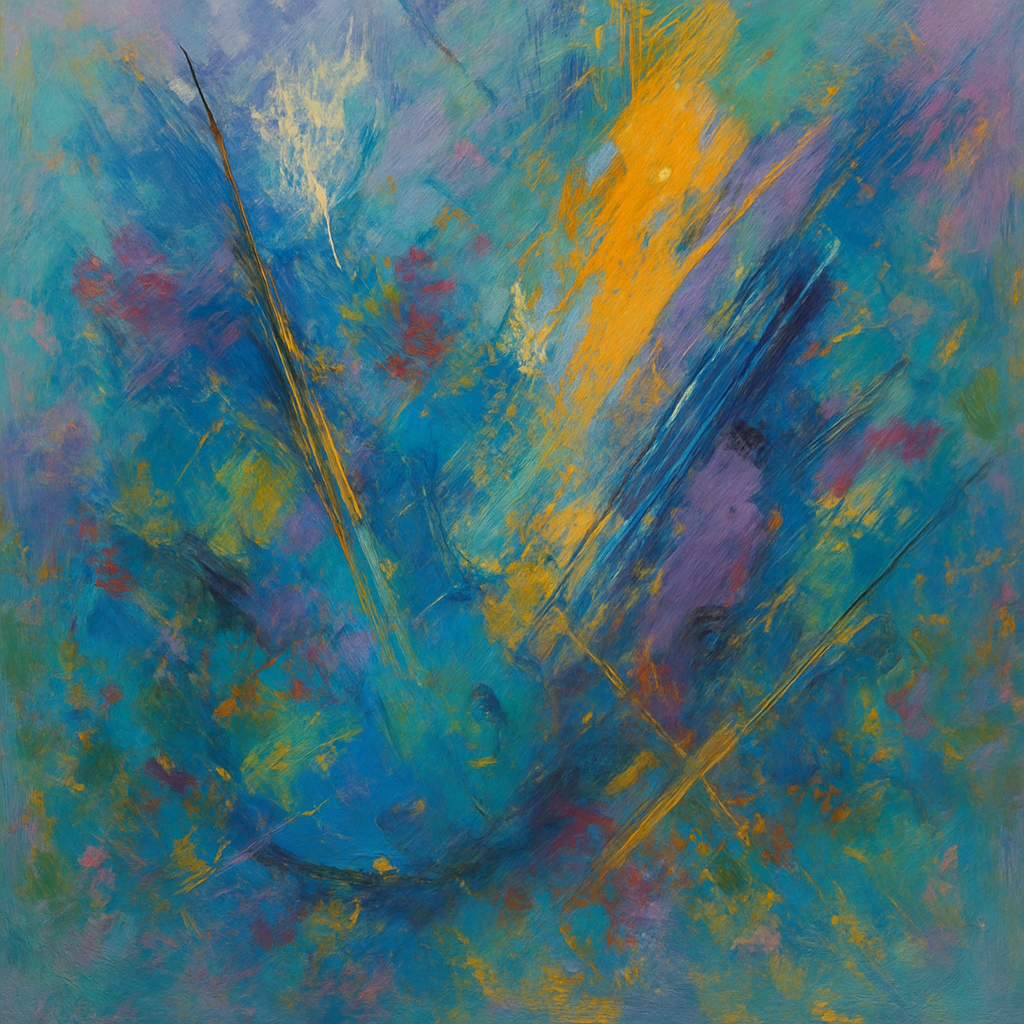don't gig for the money
Here's some music heresy for you: Don't gig for the money.
I already hear the protestors coming out:
- "This is our livelihood!"
- "We need to get paid fairly!"
- "How else am I supposed to make a living?"
I get it. I'm also a musician. We gotta find a way to make bread.
Yes, fair pay matters. But if you're only taking gigs for the paycheck, you might be missing the real value.
I used to dream of the perfect musician life: just playing gigs, getting paid well, and avoiding all the admin and teaching that ‘got in the way.’
If you have that life, props to you. You're in the 0.01% -- economically and artistically.
For the rest of us (first and foremost myself), I have some news: that fantasy of "only working on music" is just that: a fantasy.
The working musician, like most creatives, has to cobble together a bunch of disparate pieces of work to make a living. Teaching lessons, playing at some random event, jobbing on wedding gigs, you name it. The gigs you really enjoy playing -- whether your own music or the genre you love -- usually comprise only a small part of that working portfolio.
Popular music blogger Ari Herstand, from his blog "Ari's Take," has a chapter in his music industry book How to Make It in the New Music Business titled "Embrace the Hyphen." He tells it straight: to be a musician requires doing more than just music. You may be a delivery-driver-guitarist or a waitress-violinist -- and there's no shame in that. Most musicians don't just do music.
So what does “don’t gig for the money” actually mean?
The gigs you want to play aren't the ones that pay. I'm not saying don't get paid fairly. I'm not saying you can't get a gig that'll get good money. I'm just saying it's rare that they do. And I'm saying that you should do them anyways.
Why do them anyways? Because there is non-monetary value in gigging.
Playing out is a very important part of being a musician. Playing live in front of people in spaces where people can see you is part of your practice portfolio. Practice may start in the practice room but it can't end there. Your musicianship isn't tested until it's in front of an audience.
Quick aside: playing live is a part of being a musician. Period. I lived in Brazil to research and study Samba. Key takeaway? All the musicians are out playing almost every night. You think they were getting paid for it? Some maybe -- but most were out playing for the love of it.
Your music is a vector for connection. There's something about music that allows us to connect to each other much more easily. When you perform, you have an opportunity to meet people -- people you would not normally meet without music as an excuse to connect.
When I perform, it creates an excuse to start a conversation. People come up to me and ask about my music. We get to know each other. Often we find that we'd like to connect again. Sometimes it leads to new gigs. Hell, sometimes it leads to jobs outside of music itself.
A prime example from my own life: I took a gig playing sitar at a yoga class. Someone came up after class to say they appreciated the music. He turned out to be a musician too — we became friends and started playing together. He also ran a company, and a couple years later asked me to build some software for him. That gig at the yoga studio got me a job. If you told me that playing sitar would land me tech jobs, I would not have believed you.
Here's my main point: gigging may not get you a lot of money. But it can get you a lot of connection.
No, not all gigs do this -- and discernment for what and where to play is its own subject. But here's my invitation: if you're a creative doing the calculus of choosing whether to take gigs based on how much they pay, ask yourself: how likely is this gig going to connect me to interesting people or experiences? Not for "exposure" -- but what you can enjoy experiencing.
Don’t gig for the money. Gig for the people it brings into your life.
